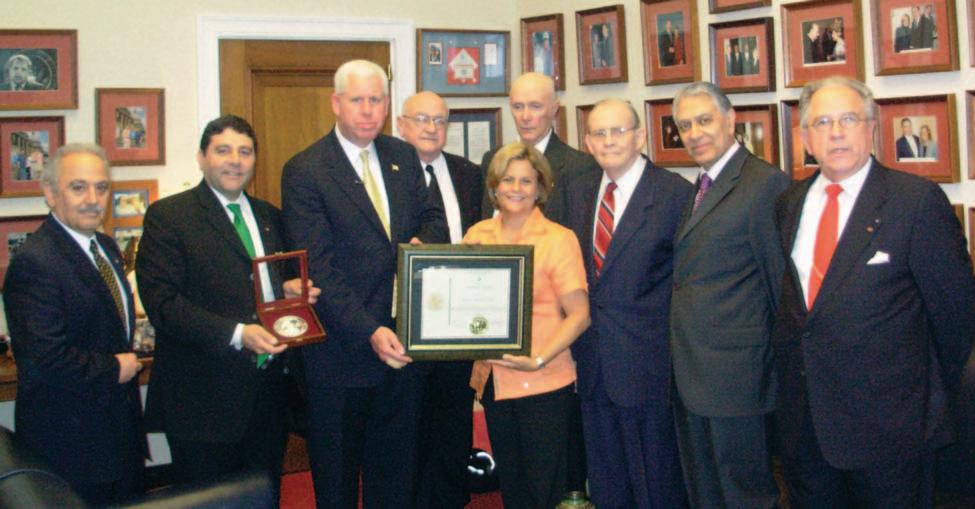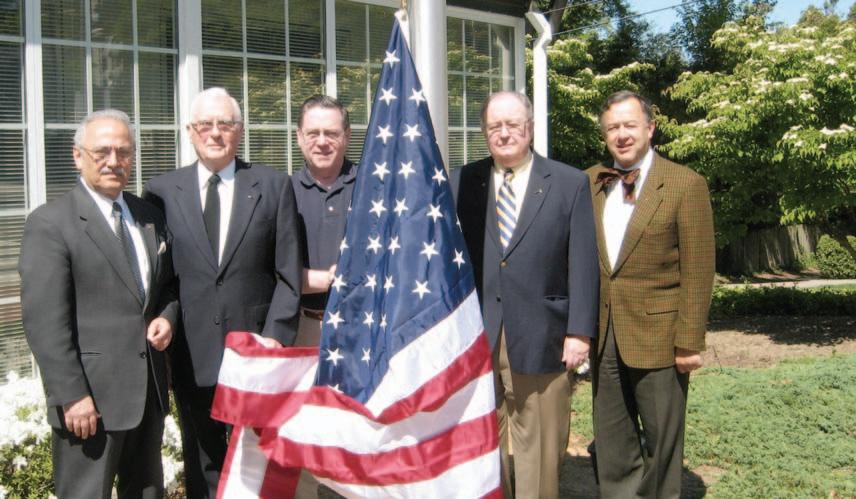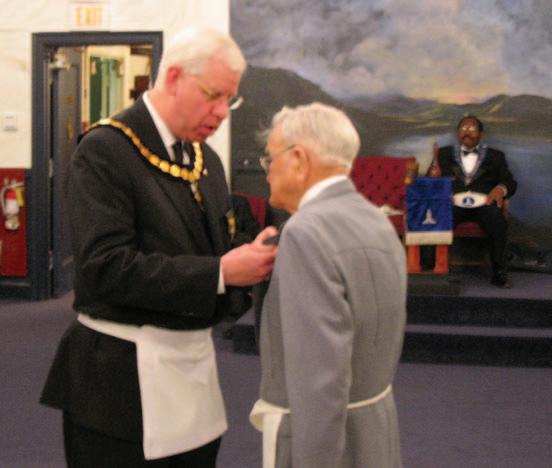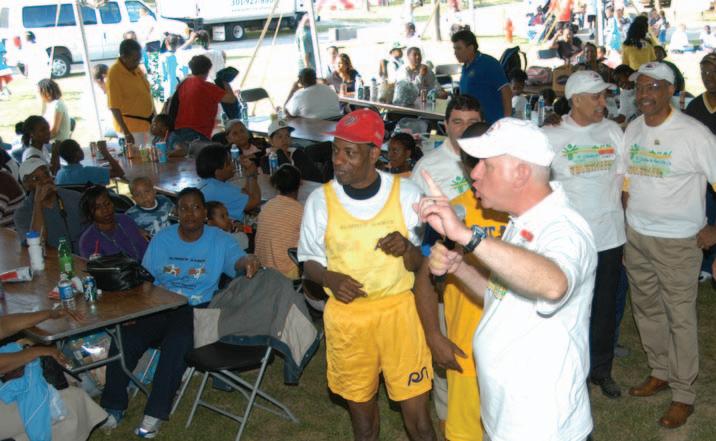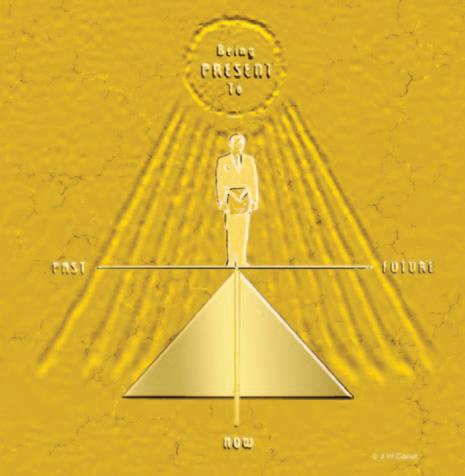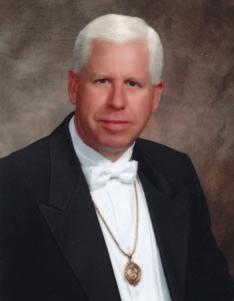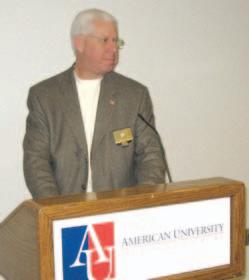THE HIGHWAY OF MASONRY
The Highway of Masonry he highway of Masonry is strewn with guide-books and placarded with sailing directions for the traveler in his voyage of life, and they have for a common foundation the sacred maxim, “Do unto thy neighbor as thou wouldst that he should do unto thee.” Upon this golden hinge Freemasonry rests and revolves.
T
Along this highway we find no finger-post marked selfishness. Now, I believe a large proportion of Masons are honest and fairly unselfish in all they say or do, but many are not, for they only seek to promote their own individual interests. One may have a pet scheme that is not indorsed, another gratifies the longings of a selfish ambition, and both oppose measures that would be of undoubted benefit to the Craft. They are selfish. Others arc often disputatious, self-opinionated, and obstructive in their course of action; if these were less selfish, and were actuated by an earnestness to further the interests of the order, this unhappy condition would not occur, for they would be found acting more in harmony with each other. Petty quarrels arising from trivial causes are the shame of Masonry. What is the probable result? Aesop answers: “In quarreling about the shadow we often loose the substance.” Many guide-boards are found along the Masonic highway. One reads temperance, and suggests reflections. Temperance is synonymous with moderation, and when restricted to the appetite means moderate use as opposed to abuse, and is in contradistinction to total abstinence. From the earliest times Masonry has had an intimate association with conviviality, hence the appointment of Stewards to provide the repast, and the selection of the Junior Warden to prevent excessive indulgence. Until recently all the English Lodges were held at some public house, and this custom now attains to a considerable extent. In several countries I have found the lodge equivalent to a club, where labor and refreshments were conducted with a propriety that made the plan commendable. At Edinboro (Edinburgh) I visited Canongate Kilwinning Lodge, of which at one time Burns was the Poet Laureate,
The Voice of Freemasonry
12
J. Mills Browne, PGM Grand Lodge of California and Johnson Boswell the Master. The lodge room, furniture, and minor equipment have an age of more than two hundred years. Permanent tables for refreshment are upon the floor of the Lodge, while the Stewards department in the West gives evidence that their vocation is not that of tolerable repose, but of decided activity. In looking over the minutes of this Lodge, I found that one bill was regularly presented and ordered to be paid; it itemized sugar, lemons, and whiskey. In the By-Laws of ye With courage, strength, Royal Cumberland and confidence in his Lodge, held at ye Bear, in 1746, we life, a brother, broad and read: “If a Brother is liberal in mind and genfound distempered erous in heart, will with drink, he shall be admonished to go rectify an error, peacefully home; acknowledge a wrong, which, if he refuses, and forgive an injury. he shall be turned out and taken care of with as little disturbance as possible, and fined two shillings, except, the Lodge vote him excus’d from this fine.” So much for Masonry in ye olden time. In our day are social gatherings, when conducted with moderation or temperance, productive of harm? I think not. From labor to refreshment is natural. These occasions enable the interchange of friendly opinions, old friendships are renewed, and new ones are formed. Besides, social enjoyment and temperate conviviality are harmonious with charity. At these assemblies if an application for alms be made, it is likely to be cheerfully responded to by those who vividly remember the wants of those who are not so fortunately circumstanced as themselves. Epicures hath said, “The origin and root of all good is the pleasure of eating.” Metrodoms, the philosopher, used bluntly to say that ‘’conversation which takes a natural turn finds all its interest in belly.” It is certain that to the average man the



